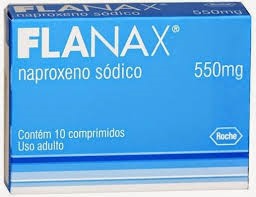
There are two Flanax’s. Belmora LLC (“Belmora”) distributes Flanax, a brand of pain relief medicine, in the United States while Bayer has distributed a brand of pain medicine, Flanax, in Mexico for decades. Bayer sought to cancel Belmora’s registered trademark for Flanax in the Trademark Trial and Appeal Board (“TTAB”). Bayer won in that venue.
Then, the parties sought review of that decision and brought additional causes of action in the Eastern District of Virginia. Belmora filed a motion to dismiss Bayer’s counterclaims, which the District Court had granted, and a motion to reverse the TTAB opinion.
In its counterclaim, Bayer alleged that Belmora’s early packaging was “virtually identical” to Bayer’s, and that Belmora’s marketing messages often suggested a historical connection between Belmora’s Flanax and Latino customers. For instance, Bayer alleged that Belmora tried to link itself with Bayer’s Flanax by saying that Belmora’s was a brand that Latinos had turned to “for generations.”
The Court’s opinion addresses the novel question of the reach of the Lanham Act: “Does the Lanham Act allow the owner of a foreign mark that is not registered in the United States and further has never used the mark in United States commerce to assert priority rights over a mark that is registered in the United States by another party and used in United States Commerce? The answer is no.”
The Court granted Belmora’s motions because Bayer lacked the standing to pursue its claims (those brought before the TTAB and before the Court) under the Supreme Court’s opinion in Lexmark.

After a thorough analysis of the various claims, the Court reached the conclusion that Bayer’s interests did not fall within the zone of interest that Congress intended to protect. Bayer lacked a protectable interest in the Flanax mark because it had not used the mark in the United States.
The Court’s thoughtful opinion emphasizes the importance of a strategic, global coordination of efforts to protect brands and their reputation.